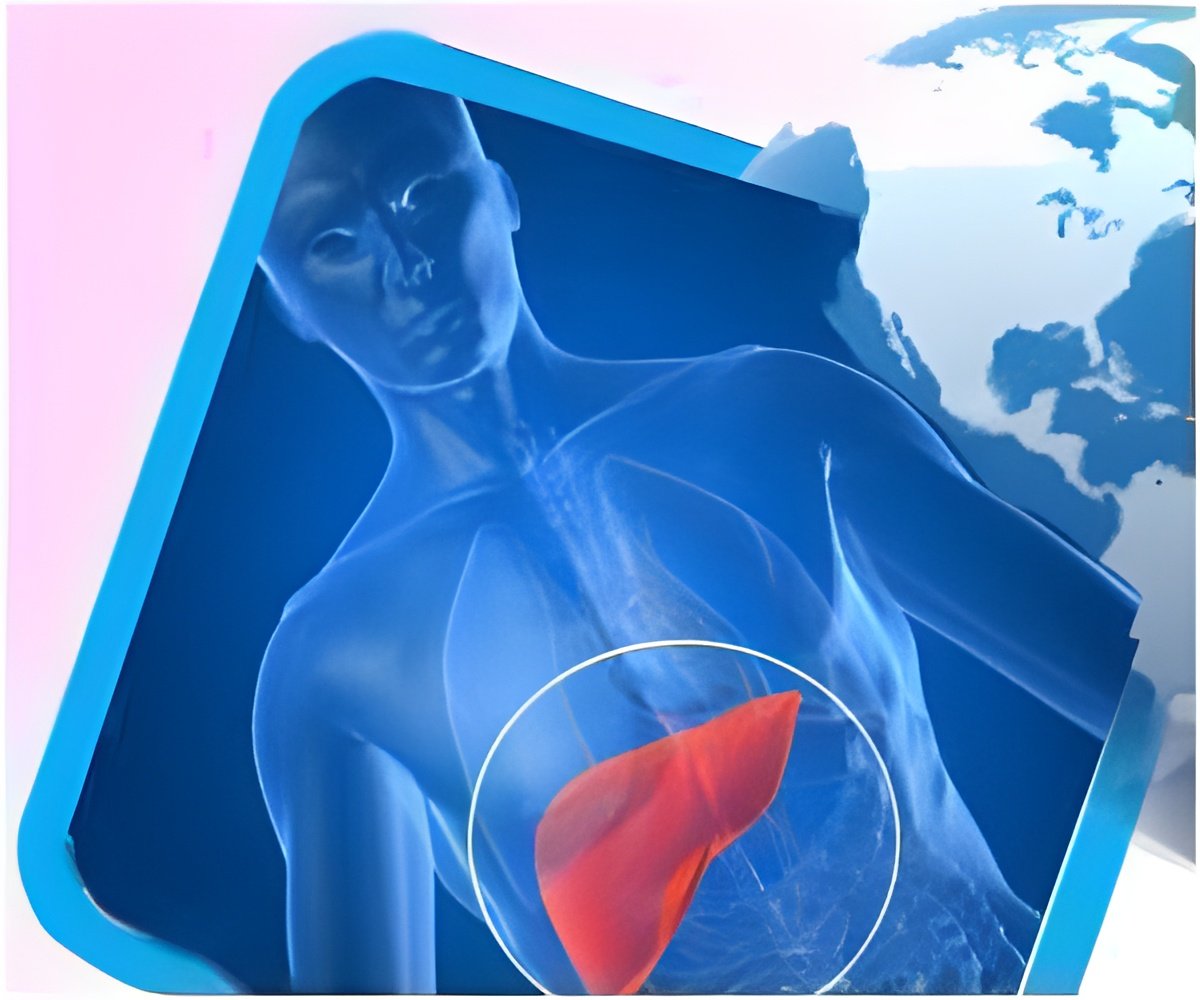The liver failure that occurs in severe cases of viral hepatitis is mainly caused due to a compromised blood supply, finds a new study.

TOP INSIGHT
During the study, they found that the immune cells of the body were mistakenly attacking the cells responsible for liver blood supply, thereby causing liver failure in hepatitis patients.
Now, though, Dr. Dirk Wohlleber, Research Group Leader at TUM, and Percy Knolle, Professor of Molecular Immunology, have arrived at a completely different explanation. In collaboration with colleagues from the universities of Würzburg and Bonn (Germany), they discovered that this organ failure is not caused by the death of liver cells, but by defects in the vascular (blood vessel) system.
Blood supply disrupted by immune cells The liver is home to important cells called liver sinusoidal endothelial cells, or LSECs for short. These connect the cells of the liver to the vascular system and regulate the exchange of nutrients and oxygen with the blood. They also have the ability to present small fragments of viruses on their outer membrane, in a similar way to immune system cells.
The researchers observed that the killer T-cells specifically detected these viral particles, mistaking the LSECs for infected liver cells and destroying them. To this end, they used proteins that integrate into the cell membrane of the target cell and form a pore. Known as perforins, these proteins perforate the membrane and destroy the cell.
"We observed that the elimination of LSECs by the immune cells has an enormous impact on the liver tissue. Blood flow within the liver is hugely disrupted, with large numbers of liver cells - even those not infected - dying as a result. This immune response has a much more dramatic effect than the attack on liver cells that are actually infected," Wohlleber explains. This discovery was made possible by a new mouse model specially developed by the researchers to replicate the fulminant course of viral hepatitis.
"Only now that we have pinpointed the actual destructive mechanism in acute hepatitis can we consider new treatment strategies and specifically target this process," underscores Knolle. Using their mouse model, the researchers were able to show that a new active substance can prevent fulminant hepatitis. This is a perforin inhibitor, which stops the killer T-cells from forming pores and thus safeguards the LSECs from attack. This agent successfully protected the mice from developing fulminant hepatitis, since the LSECs remained intact, preserving the blood supply to the liver cells.
 MEDINDIA
MEDINDIA




 Email
Email










